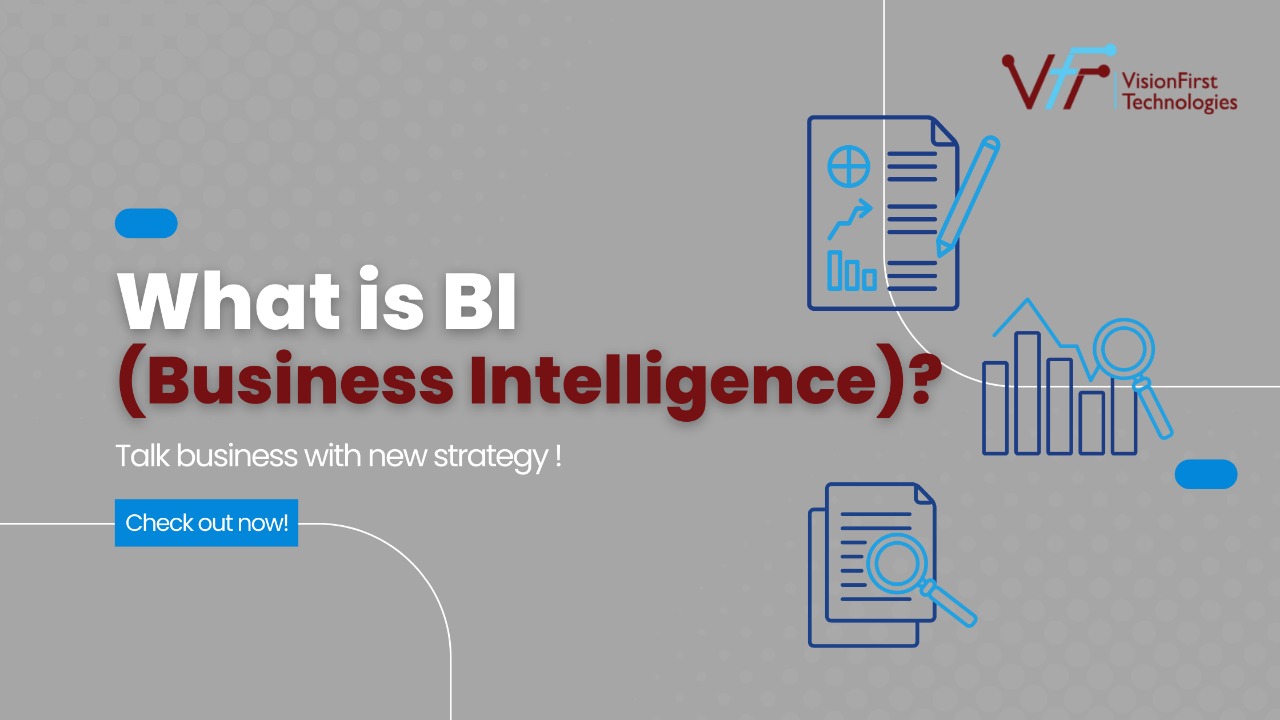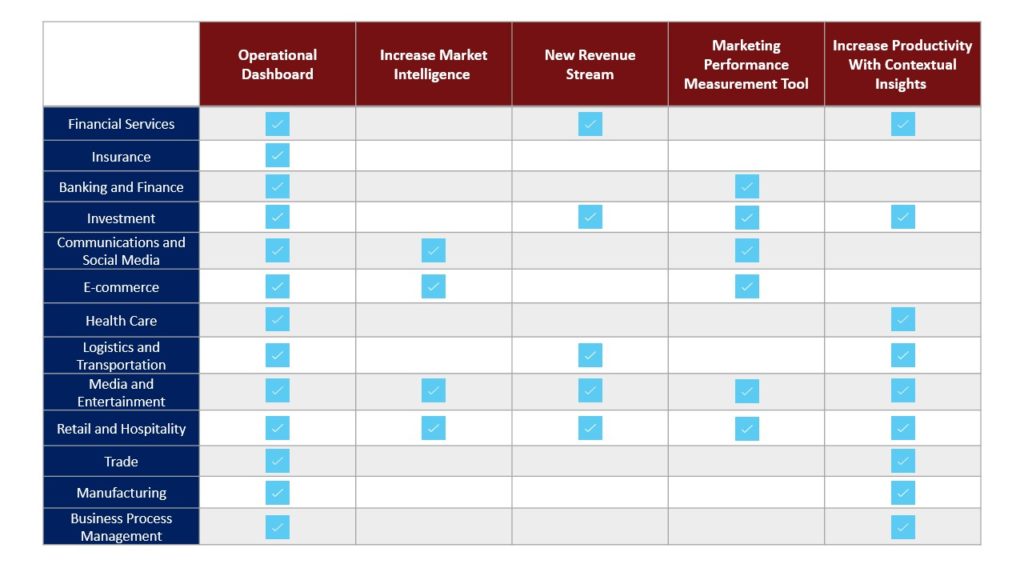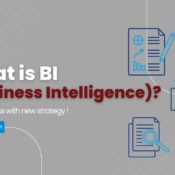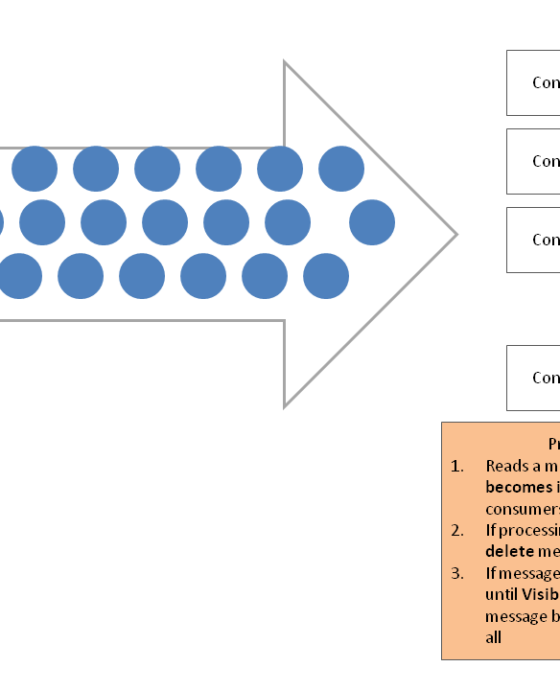What is BI (Business Intelligence)?

What is BI (Business Intelligence)?
Business intelligence or BI consists of technologies and strategies used by companies for business information management and data analysis. It refers to the processes, architectures, and software systems that can convert the raw data into meaningful information that drives profitable business actions.
The software system is responsible for ingesting the business data and information for presenting it in user-friendly views such as dashboards, reports, graphs and charts. It helps collect data analytics, thereby improving the business decisions, spot market trends, and identify the pain points or problems while finding the new strategies to boost business opportunities.
So, in layman’s terms, BI refers to the suite of software and facilities that can transform data into knowledge and actionable intelligence to analyse and gain insights about business performances. The standard functions of BI technologies include reporting, benchmarking, online analytical processing, Dashboard development, analytics, complex event processing, process mining, text mining, business performance management, prescriptive analytics, etc.

Use Cases
Business intelligence tools are actively helping companies to achieve their business goals with appropriate valuable data resources by taking strategic decisions. The BI tools are ideal for understanding consumer preferences, market trends, purchasing habits, etc., for increasing the conversion ratio. Here are a few ways how BI creates value for a company:Operational Dashboard
BI offers hassle-free tools for organizations to track, understand, and manage their business in order to maximize enterprise performance. With BI, organizations are able to improve operational efficiency and identify bottlenecks pro-actively.Increase Market Intelligence
BI helps companies improve their competitive edge with the help of data analytics, thereby turning these into actionable information. It includes identifying customer insights, predicting market trends monitoring customer behaviour, buying patterns, etc.New Revenue Stream
BI helps gather, process, and analyse data while selling them to get another revenue stream.Marketing Performance Measurement Tool
Performance is an essential aspect to consider for any business. So, with these BI tools, it gets simpler to measure the performance of current marketing campaigns. Furthermore, by incorporating the BI data, the company can learn, analyse, and generate more sales. Therefore, these tools give a better level of visibility to help the sales department measure consumer trends using BI. BI tools are thereby essential for offering personalized sales strategies to their users.Increase Productivity with Contextual Insights
BI enables you to get past and present data, which helps make better decisions. Analysts can use these tools to deliver performances and set the benchmark for outranking their competitors' ranking in the market. In addition, BI can increase productivity by automation, offering seamless access to business information, lowering data redundancy, improving business development and more.BI Use Cases to Industries Mapping
The table below depicts most relevant BI use cases to industries mapping as we have observed with a number of customers.
Conclusion
The decision-making capabilities of an enterprise drive profits and efficiency. So, BI tools seem to be in demand for helping these companies to make effective decisions by gathering historical and present data within the business context. Vision First Technologies provides you cutting-edge solutions in BI so that you can leverage the latest BI technologies. Get in touch with our experts here for more details.Recent Posts
visionfirst0 Comments
Decoding Business Intelligence Architecture For Informed Decision Making
visionfirst0 Comments
What is BI (Business Intelligence)?
visionfirst0 Comments
S3 Ransomware – how it occurs and how to prevent
Tags
aws advanced partner
aws consulting partner
aws partner
aws select partner
aws service provider
aws technology
azure consulting partner
azure partner
azure service provider
business intelligence architecture
cloud architecture
cloud bi solutions
cloud security provider business intelligence consulting company aws managed security services business intelligence financial services
Related Blogs
visionfirst0 Comments
Confidential Computing – Capture SSN and Store Safely
Sharing confidential information with someone else but also having an assurance that the information will
visionfirst0 Comments
CattlemanHQ UserArea – a Project well-done
About CattlemanHQ CattlemanHQ is dedicated to helping cattleman by providing profitable solutions to their marketing
Mantu Singh0 Comments
SQS Implementation of Consumer Group Concept of Kafka
Both Kafka and SQS can be used as message queue to coordinate communication among micro







